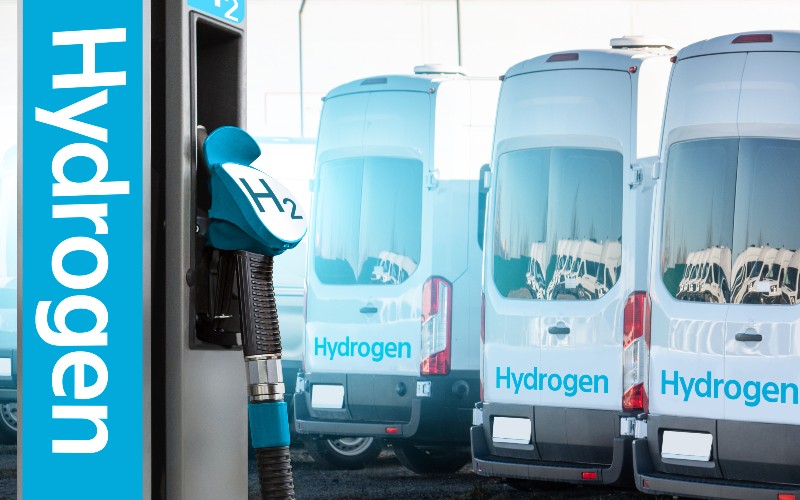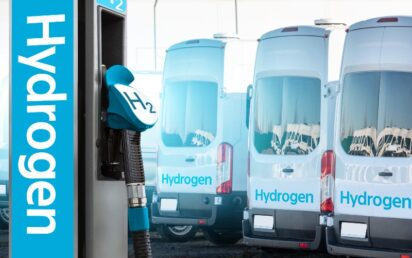The government has launched a £375 million package of support for future energy technologies aimed at strengthening the nation’s energy security.
The announcement comes amid concerns on the impact of transitioning away from part-dependence on Russian gas following Vladimir Putin’s decision to invade Ukraine.
The package includes £240m to support the production of hydrogen as a clean, low-cost energy technology, £2.5m to develop next-generation nuclear technology and a further £5m towards research into carbon capture.
The ‘British energy security strategy’ unveiled by Prime Minister Boris Johnson sets out how the nation will accelerate the deployment of wind, new nuclear, solar and hydrogen, whilst supporting the production of domestic oil and gas in the nearer term – which could see 95% of electricity by 2030 being low carbon.
“This investment will unlock the enormous potential of hydrogen, advanced nuclear reactors and carbon capture to level up the UK energy landscape and deliver for businesses and households,” said Business and Energy Secretary Kwasi Kwarteng.
“High gas prices and Russia’s aggression in Ukraine have highlighted the urgent need to produce more of our energy here in the UK.
“That’s why we have set out bold plans to harness clean, cutting-edge, homegrown technologies and build the energy security we need for the future.”
The £240m Net Zero Hydrogen Fund will award funding from the end of 2022. This will advance the government’s ambition to have up to 2GW of low-carbon hydrogen production capacity by 2025 and up to 10GW installed by 2030, using electricity to produce power by splitting water into hydrogen and oxygen.
The Hydrogen Business Model will support further investment in hydrogen production with £100m for electrolytic projects to cover the difference between the cost of production and the sale price for hydrogen. Funding for this will launch this summer.
The Industrial Hydrogen Accelerator, a £26m innovation funding programme to support UK industry in adopting hydrogen as a clean, affordable fuel source for sectors like manufacturing, will look to demonstrate the feasibility of hydrogen to businesses and reduce the cost of switching energy systems.

